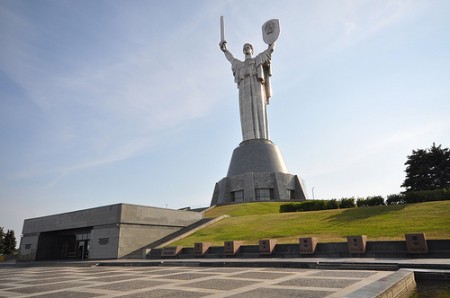
This article was originally published by Carnegie Europe on 20 January 2017.
Supporters of the EU should be troubled by U.S. President-elect Donald Trump’s remarks in a joint interview with the Times and Bild published on January 16. Trump said not only that Britain’s exit from the union would “end up being a great thing” but also that the EU would continue to break apart. Trump explained, “People, countries, want their own identity.”
Speaking on British radio the same day, Theodore Malloch, a university professor tipped to become the next U.S. ambassador to the EU, added that the United States may lure more countries out of the EU by offering trade deals on bilateral bases.
Trump was more mixed on NATO, if not altogether reassuring: “I said a long time ago that NATO had problems. Number one it was obsolete. . . . Number two the countries aren’t paying what they’re supposed to pay. . . . With that being said, NATO is very important to me.”




